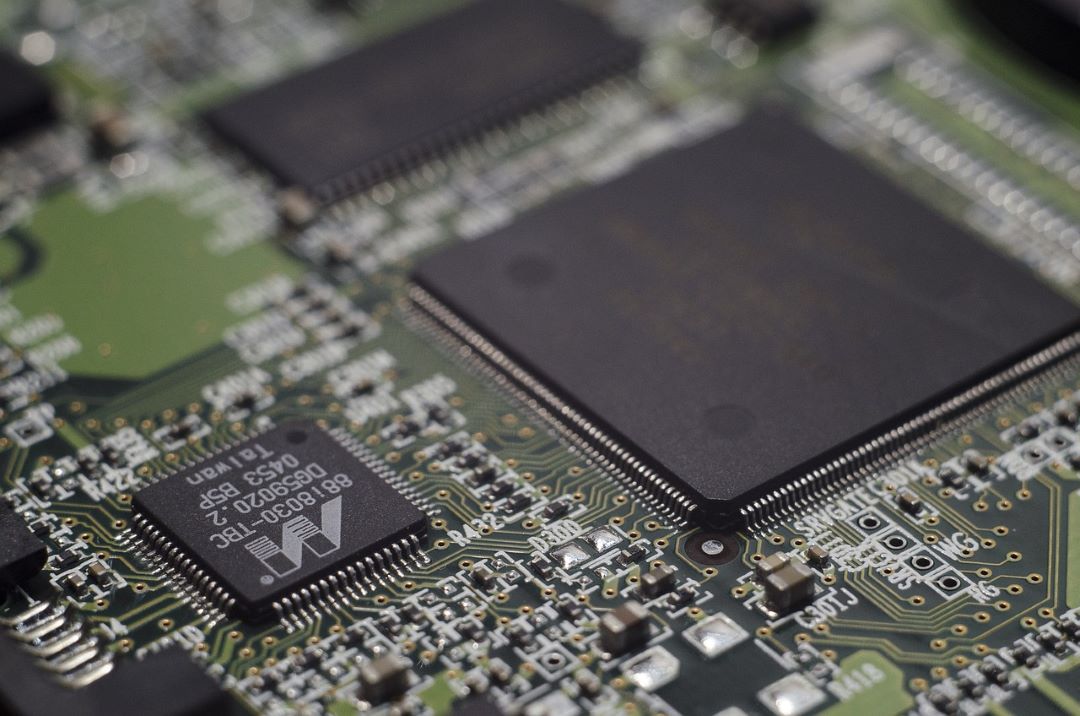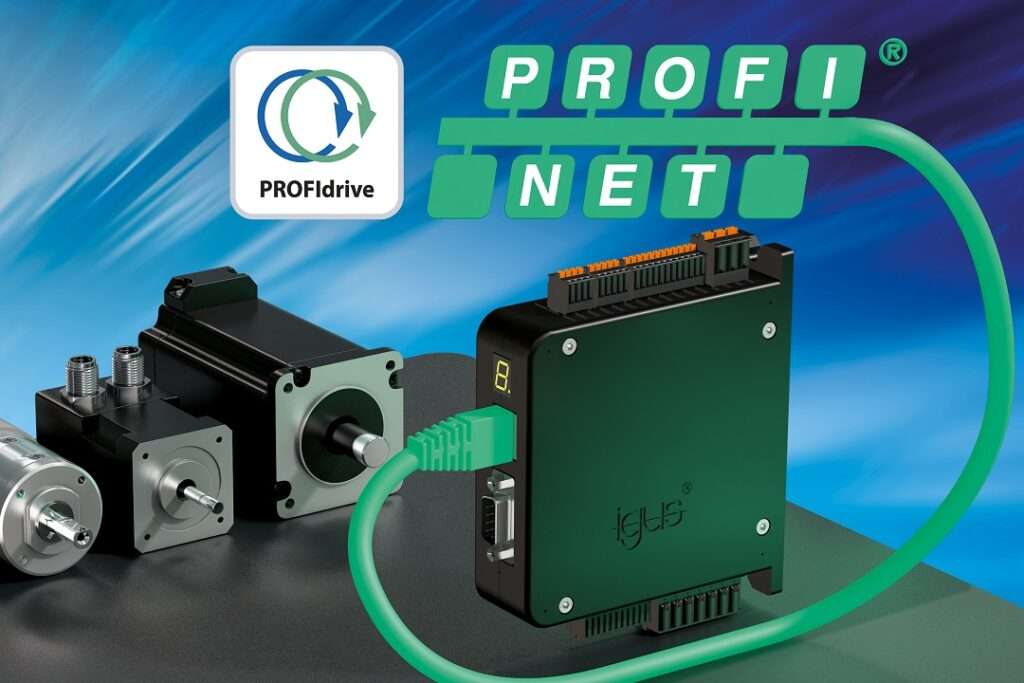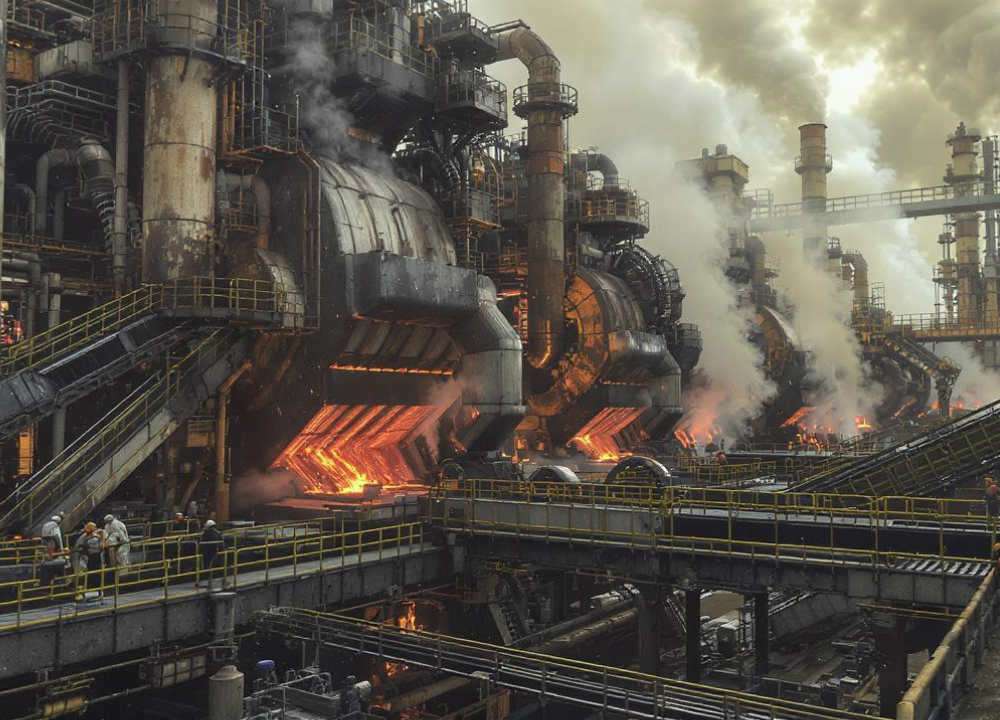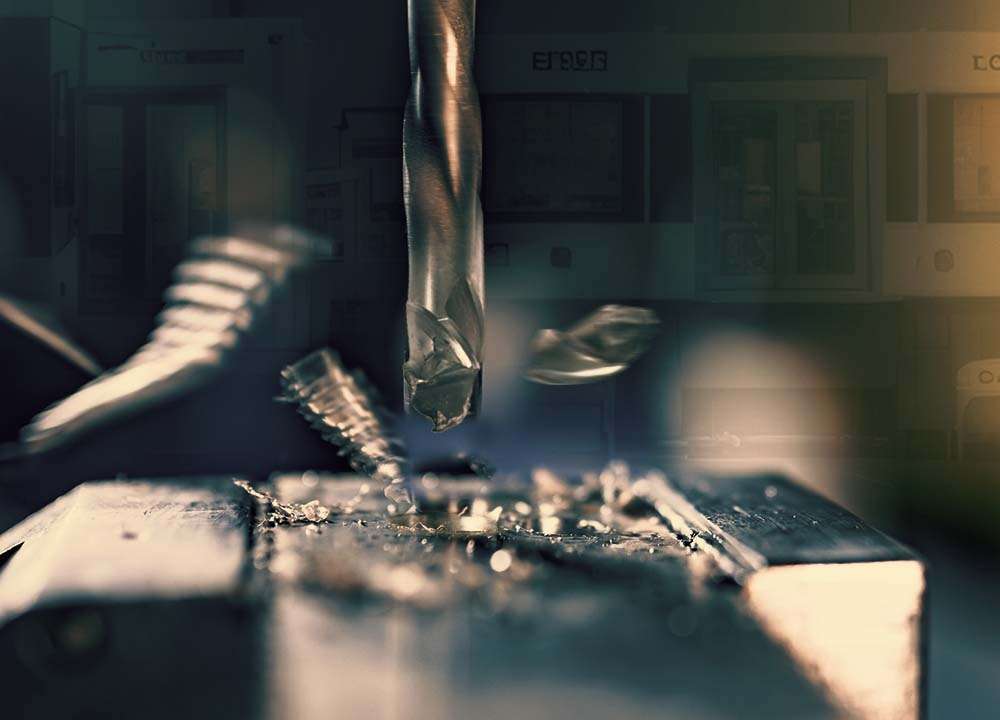Taiwan Semiconductor Manufacturing Company (TSMC), the world’s largest contract chipmaker, has officially begun construction on its highly anticipated $11 billion semiconductor fabrication plant in Dresden, Germany.
The state-of-the-art facility, slated to commence production in 2027, will focus on manufacturing advanced 7-nanometer and 5-nanometer chips, bolstering Europe’s semiconductor capabilities and reducing reliance on Asian suppliers.
TSMC’s investment in Germany marks a significant milestone in the company’s global expansion strategy. The Dresden plant will create over 3,000 jobs, produce 20,000 wafers per month, and focus on automotive, IoT, and AI applications.
“TSMC’s presence in Germany strengthens Europe’s position as a global tech hub,” said German Federal Minister of Economics and Climate Action, Robert Habeck. “We’re committed to creating a favorable business environment for innovative companies like TSMC.”
TSMC has partnered with leading European companies, including Infineon Technologies, STMicroelectronics, and Volkswagen Group, to develop cutting-edge semiconductor solutions. “Collaborating with TSMC will enhance our competitiveness in the global market,” said Infineon CEO, Jochen Hanebeck.
Boost to European Chipmaking
The TSMC plant addresses Europe’s growing need for advanced semiconductor manufacturing, aligning with the EU’s goal of achieving 20% global semiconductor market share by 2030. “TSMC’s investment is a game-changer for Europe’s semiconductor industry,” said Sabine Herold, German Federal Minister of Education and Research.
TSMC’s Dresden plant marks a significant shift in the global semiconductor landscape. As the EU strives to reduce dependence on Asian suppliers, TSMC’s investment reinforces Germany’s position as a hub for innovation and technology.
“TSMC‘s commitment to Germany demonstrates our confidence in Europe’s tech potential,” said C.C. Wei, TSMC Chairman. With construction underway, TSMC’s Dresden plant is poised to play a pivotal role in shaping Europe’s tech future.








